Esta es la biografía que ecoge la wikipedia sobre el ilustre abuelo materno de Montgomery Clift:Montgomery Blair (May 10,
1813 –
July 27,
1883), the son of
Francis Preston Blair, elder brother of
Francis Preston Blair, Jr. and cousin of
B. Gratz Brown, was a politician and lawyer from
Maryland. He was a loyal member of the
Cabinet of
Abraham Lincoln during the
American Civil War. Blair was hot-tempered, and in 1864 he launched an all-out attack against Republican liberals.
Blair was born in Franklin County, Kentucky. His father,
Francis P. Blair, Sr., was, as editor of the Washington Globe, a prominent figure in the
Democratic Party during the Jacksonian era. Blair graduated from the
United States Military Academy in 1835, but after a year's service in the
Seminole War, he left the Army, studied law, and began practice at
St Louis, Missouri. After serving as
United States district attorney (1839–43) and as judge of the court of common pleas (1834–1849), he moved to Maryland in 1852 and devoted himself to law practice principally in the
United States Supreme Court. He was
United States Solicitor in the Court of Claims (1855–58) and was associated with
George T. Curtis as counsel for the plaintiff in the
Dred Scott v. Sandford case of 1857.
The Blairs, like many other nationalist Democrats, but unusually for politicians from the border states, had abandoned the Democratic Party in the wake of the Kansas-Nebraska Act and had been among the founding leaders of the new
Republican Party. In 1860 Montgomery Blair took an active part in the presidential campaign in behalf of
Abraham Lincoln. After his election, Lincoln invited Blair to be part of his cabinet as
Postmaster-General. Lincoln expected Blair, who advocated taking a firm stance with the southern states, to help balance more conciliatory members of his cabinet.
[1] Blair served as Postmaster-General from 1861 until September 1864, when Lincoln accepted an earlier offer by Blair to resign. Lincoln's action may have been a response to the hostility of the
Radical Republican faction, who stipulated that Blair's retirement should follow the withdrawal of
John C. Frémont's name as a candidate for the presidential nomination in that year. Regarding Lincoln's action, Blair told his wife that the president had acted "from the best motives" and that "it is for the best all around." After he left the cabinet, Blair still campaigned for Lincoln's re-election and Lincoln and the Blair family retained close ties.
[2]Under Blair's administration, such reforms and improvements as the establishment of free city delivery, the adoption of a money order system, and the use of railway mail cars were instituted — the last having been suggested by George B. Armstrong (d. 1871), of
Chicago, who from 1869 until his death was general superintendent of the United States railway mail service.
Differing from the
Republican Party on the
Reconstruction policy, Blair gave his adherence to the
Democratic Party after the Civil War, along with his brother, who was the Democratic vice presidential candidate in
1868.
His manor in present-day Silver Spring, Maryland was named Falkland. It was burned by
Confederate troops during their thrust towards
Washington, D.C. He died at Silver Spring. Montgomery Blair's wife was Mary Woodbury, a daughter of
Levi Woodbury. Together, they were the great-grandparents of actor
Montgomery Clift.
Montgomery Blair High School in
Silver Spring, Maryland.
Para ver la información en castellano y fotos del personaje, ver este
post.

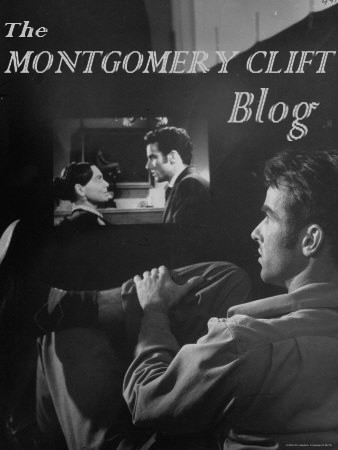






















































.-+albornoz+(4)+BLOG.jpg)




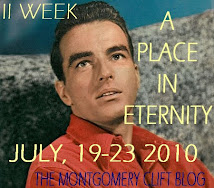



















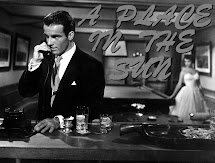2.jpg)
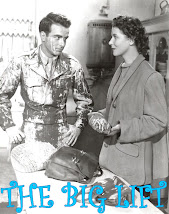.jpg)
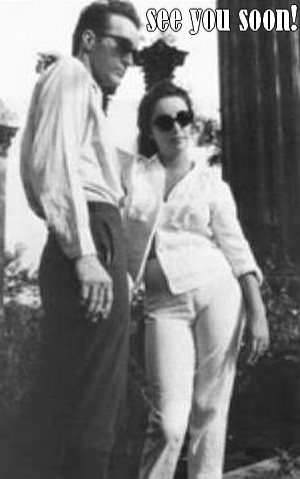

.jpg)

